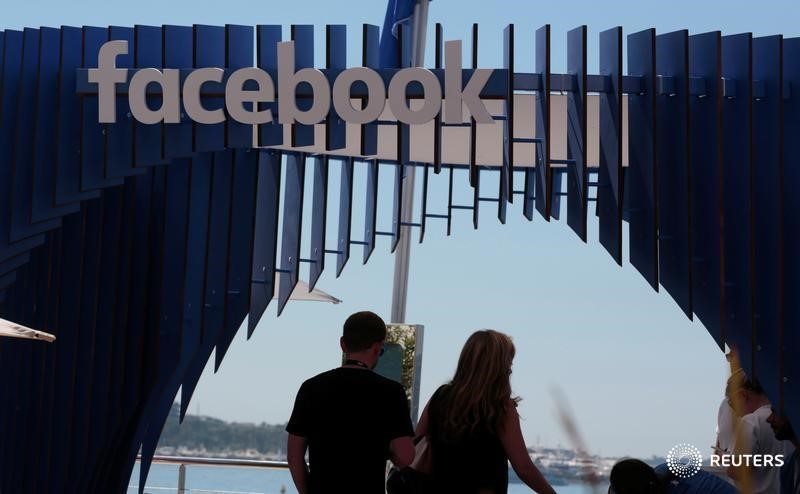(Bloomberg) -- Investors ran for the exits as heavyweight U.S. technology stocks got burned Monday.
The world’s largest tech exchange-traded fund -- the PowerShares QQQ Trust Series 1 (NASDAQ:QQQ), which aims to track the Nasdaq 100 Index -- is seeing dramatic swings in inflows and outflows as volatility ramps up in what had been a fairly calm sector. That’s leaving the group especially prone to sharp reversals in sentiment, exacerbating price fluctuations.
The 13-week average of weekly flows into the product as a share of total assets rose to 2 percent on Friday after investors poured the most money into the fund since the tail end of the dot-com bubble. On a percentage basis, it was the highest since 2017, the last episode of broad equity volatility before February’s record one-day spike in the Cboe Volatility Index.
But sentiment flipped dramatically Monday, when concern that regulators will boost oversight of Facebook Inc (NASDAQ:FB). sent the shares tumbling. Investors withdrew almost $2 billion from the fund amid the tech wreck, reversing most of the $3.3 billion added the previous week. The ETF was up 0.2 percent Tuesday as of 11:10 a.m. in New York after Monday’s 2.3 percent loss.
“This could be the next shoe to drop in terms of crowded trades falling apart,” said Eric Balchunas, a senior ETF analyst at Bloomberg Intelligence.
Investors may have been lulled into a false sense of complacency by technology’s ability to outperform during different phases of this bull market, and with relatively low volatility compared to prior periods during which the sector posted massive gains. Over the past five years, the extra volatility in the Nasdaq 100 Index relative to the S&P 500 Index was just 1.1 -- well below the jumpier 1.5 registered from 1995 to 2000, notes Michael Purves, Weeden & Co.’s chief global strategist. At the same time, the forward price to earnings multiple for the so-called FANG quartet of Facebook, Amazon.com Inc (NASDAQ:AMZN)., Netflix Inc (NASDAQ:NFLX). and Google parent Alphabet (NASDAQ:GOOGL) Inc. is more than double that of the broader market.
“This unusual condition is only sustainable if the FANG stocks can continue to maintain their quasi monopolistic position (i.e. no government interference to disrupt their strategic moats) and also requires consumers continue to engage aggressively,” he wrote. “An unraveling of this low beta/high P/E condition will support market volatility on a sustained basis.”
